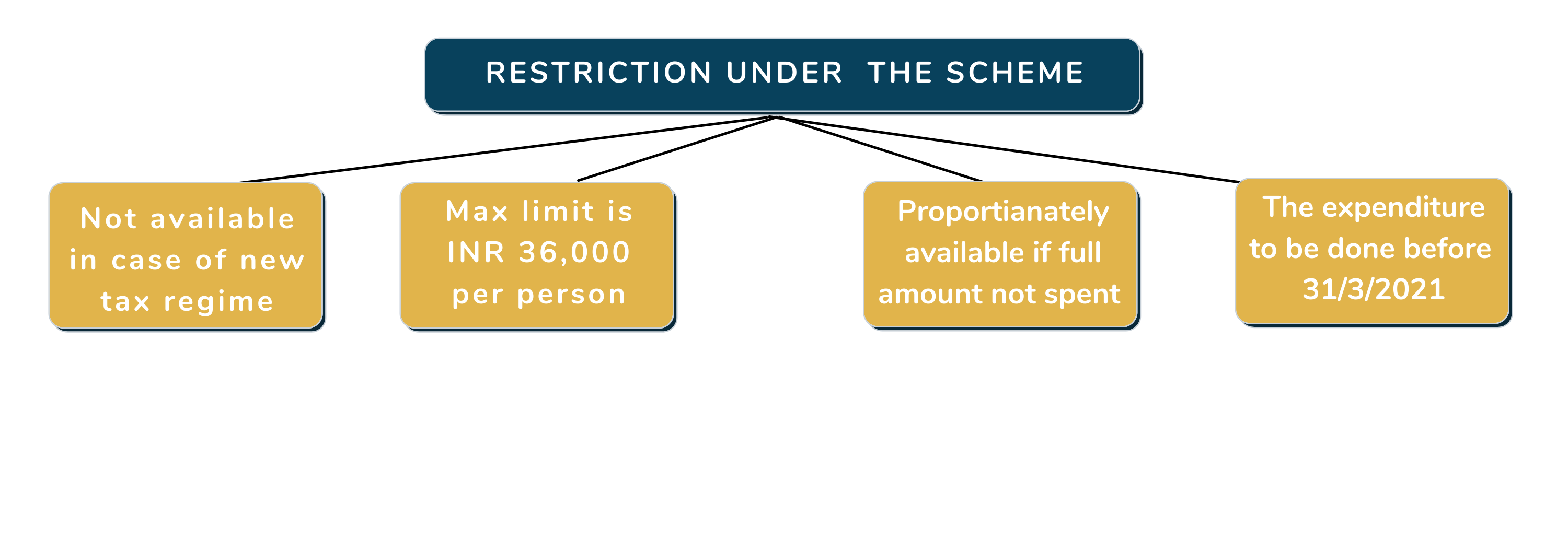Most of us dream of retirement - with leisure travel, more time with family and friends and a certain peace of mind that is a welcome change from our regular hectic lives. However, rising inflation, higher life expectancy owing to better medical facilities, and minimal government support means that if one doesn’t have a big retirement corpus, you may be forced to work even during retirement. To avoid this you need to not just invest but invest smartly. And one smart investment option is the National Pension System (NPS),
The government of India launched NPS in 2004 for government employees and opened it for the general public in 2009. NPS is a voluntary contribution scheme that not only helps you get you financially ready for the future but also offers tons of tax-benefits as well. However, most people get confused about how much and under which section they can save tax when investing in NPS.
We have explained the tax benefits of NPS in 4 simple points below:
● Tax Benefits under Section 80C
NPS is one of the eligible options to save tax under Section 80C. The maximum deduction limit for this section is ₹1.5 lakh, and you can invest the entire amount in NPS and claim a deduction for that amount.
● Tax Benefits under Section 80CCD (1B)
This is an additional tax benefit for NPS investments. Here, you can claim deductions up to ₹50,000 above the Section 80C limit.
So, you can claim tax deduction up to Rs 2 lakh simply by investing in NPS – Rs 1.5 lakh under Section 80C and another Rs 50,000 under Section 80CCD (1B). This means if you fall under the income tax bracket of 30 percent, you can save as much as Rs 62,400 in taxes.
● Tax Benefits under Section 80CCD (2)
Applicable for only salaried employees, this benefit comes into effect when an employer contributes towards NPS of an employee. Deductions of up to 10% of salary (Basic pay + Dearness allowance) for the corporate sector and 14% for the government sector can be claimed by an employee
For example, a corporate employee earns Rs 6 lakh as the basic salary and another Rs 3 lakh as Dearness Allowance. In case his employer contributes to his NPS, he can claim Rs 90,000 (10 percent of Basic + DA) on his employer’s contribution. Besides, if he adds the deductions under Section 80C and Section 80CCD (1B), he can claim deductions up to Rs 2 lakh.
● Tax benefits on returns of and maturity amount
Tax benefits of NPS don’t just end at the amount you invest. With NPS, you don’t have to pay any tax on the returns or the maturity amount as well. This triple-tax benefit (called Exempt-Exempt-Exempt) is available only on select products in India.





